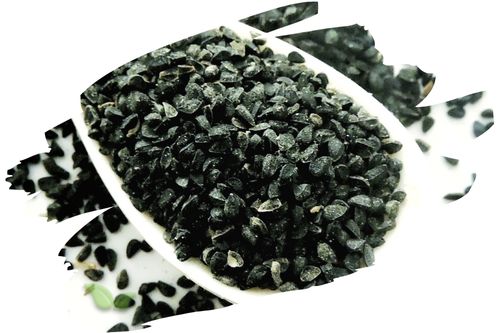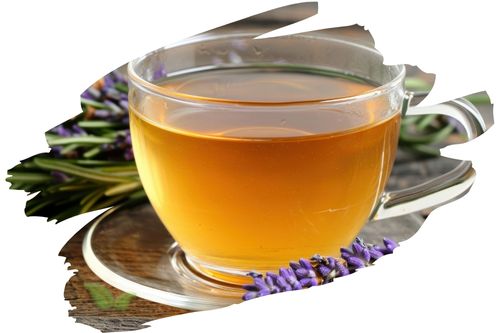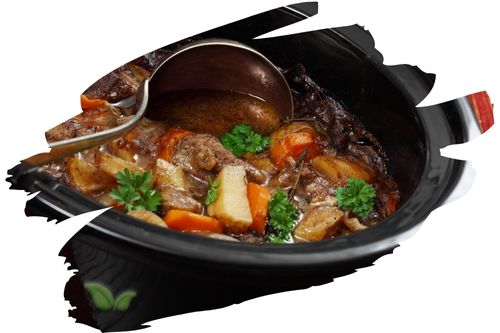
Introduction
When it comes to the world of pickling, one ingredient stands out as a must-try: Dill Seed. Whether you're a seasoned chef or a beginner in the kitchen, incorporating Dill Seed into your pickling recipes can elevate your creations to a whole new level. In this article, we will delve deep into the wonderful world of Dill Seed in pickling, exploring its numerous benefits, creative applications, and answering some frequently asked questions along the way.
The Power of Dill Seed
Dill Seed in Pickling: A Must-Try for a reason! Let's break down why this tiny seed packs such a flavorful punch.
Enhancing Flavor
Dill Seed is renowned for its ability to enhance the flavor of pickled vegetables. Its unique combination of aromatic and slightly tangy notes adds depth to your pickling brine, creating a delightful taste that keeps you coming back for more.
Preserving Crispiness
One common woe in pickling is the loss of vegetable crispiness. Dill Seed comes to the rescue! Its natural compounds help maintain the crunchiness of pickled cucumbers and other veggies, ensuring every bite is a satisfying crunch.
Aromatic Infusion
Dill Seed's fragrant aroma infuses your pickled creations with an enticing scent that makes your kitchen feel like a gourmet haven. The subtle herbal notes complement a variety of ingredients, making it a versatile addition to your recipes.
Creative Uses
Now that we've uncovered the secrets of Dill Seed let's explore some creative applications in pickling.
Classic Dill Pickles
The timeless classic, Dill Pickles, wouldn't be the same without Dill Seed. These pickles owe their irresistible flavor to the infusion of Dill Seed in the brine.
Pickled Red Onions with a Twist
Give your pickled red onions a unique twist by adding Dill Seed. The combination of the onion's sweetness and Dill Seed's tanginess creates a harmonious explosion of flavors.
Spicy Dill Carrots
For those who crave a bit of heat, try pickling carrots with a hint of spice and a generous dose of Dill Seed. The result is a zesty and refreshing snack.
Dill Seed in Pickling: A Must-Try - A Chef's Secret
As a chef with years of experience in the culinary world, I can attest to the magical touch that Dill Seed adds to pickling recipes. It's not just about taste; it's about creating a memorable culinary experience for your friends and family.
Frequently Asked Questions
Q: Can I use fresh dill instead of Dill Seed in pickling?
A: While fresh dill has its place in pickling, Dill Seed offers a more concentrated and consistent flavor profile. It's recommended to use both for the best results.
Q: Are there any health benefits to Dill Seed in pickling?
A: Dill Seed is a good source of antioxidants and may aid in digestion. However, it's primarily used for its flavor rather than its health benefits.
Q: Can I use Dill Seed in non-pickling recipes?
A: Absolutely! Dill Seed can be used in various dishes, from soups to salads, to add a burst of flavor and aroma.
Q: Is Dill Seed suitable for those with dietary restrictions?
A: Dill Seed is generally safe for most diets, including vegetarian and vegan. However, those with allergies to dill or related plants should exercise caution.
Q: How long should I store pickles made with Dill Seed?
A: Properly stored pickles can last for several months in the refrigerator. Make sure to use clean containers and seal them tightly to maintain freshness.
Q: Can I grow my own Dill for seed?
A: Yes, you can grow dill in your garden and harvest the seeds. It's a rewarding experience for gardeners and ensures a fresh supply of Dill Seed.
Conclusion
Dill Seed in pickling is undoubtedly a must-try for anyone looking to elevate their culinary skills. Its ability to enhance flavor, preserve crispiness, and infuse aroma makes it an indispensable ingredient in the world of pickling. Whether you're a professional chef or a home cook, Dill Seed will undoubtedly become your secret weapon in creating delicious, pickled delights. So, don your apron, grab your Dill Seed, and embark on a flavorful pickling journey today!
Alert: While spices can have many beneficial properties for health, using them for medical purposes should be done under the guidance and supervision of a healthcare professional or specialist. Some spices may interact with medications or cause adverse reactions in certain individuals, and it is important to use them safely and appropriately. If you are considering using spices for a medical condition, it is important to consult with a healthcare professional before doing so.




















































